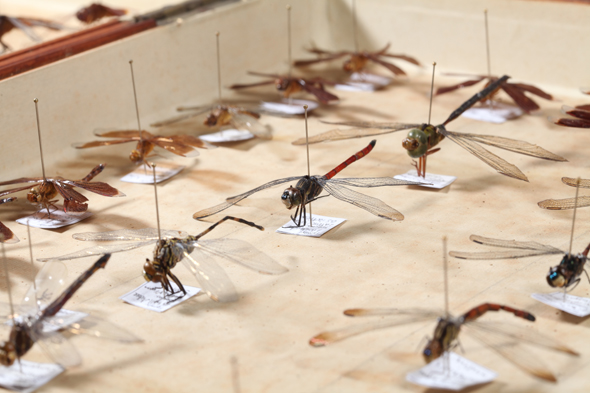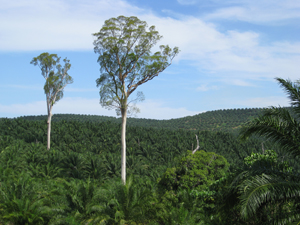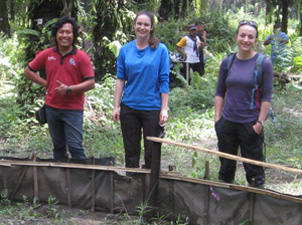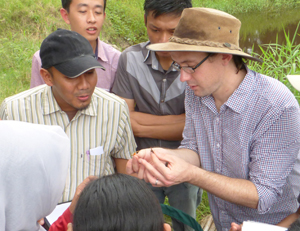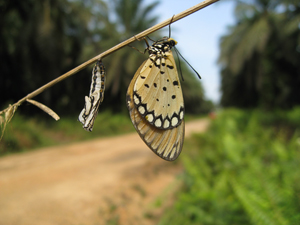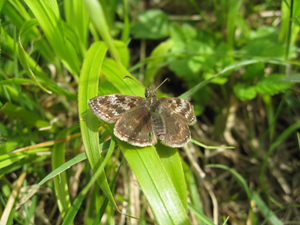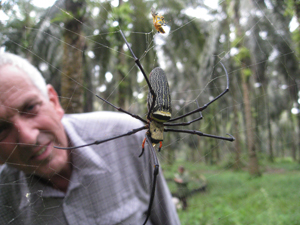The Biodiversity and Ecosystem Function in Tropical Agriculture (BEFTA) Programme
Based in Riau, Indonesia, the BEFTA Programme relies on close collaboration with researchers at Sinar Mas Agro Resources and Technology Research Institute (SMARTRI) to investigate management options that benefit biodiversity and related ecosystem functioning within oil palm plantations. The Programme makes use of large-scale experimental manipulations of the oil palm landscape and long-term monitoring of management effects on biodiversity, ecosystem functions and palm oil yield. There are currently two main research projects.
The BEFTA Understory Vegetation Project is quantifying the effect of understory habitat complexity within oil palm plantations on biodiversity, ecosystem functioning and productivity. The Riparian Ecosystem Restoration in Tropical Agriculture (RERTA) Project is experimentally testing different methods for replanting and restoring riparian buffer strips within oil palm plantations to support biodiversity and ecosystem functioning.
The Programme is already yielding interesting results, including clear impacts of understory removal on predators. Outcomes from BEFTA are of direct relevance to conservation practitioners and agronomists and will help to inform more sustainable management practices in tropical agricultural landscapes.
The BEFTA Programme has been supported by the Isaac Newton Trust, Cambridge, PT Sinar Mas Agro Resources and Technology Tbk., and the Natural Environment Research Council.
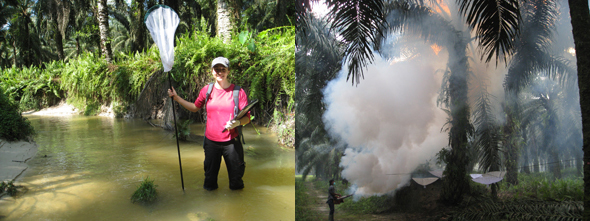
Management solutions for threatened butterfly species on chalk grassland reserves
Working with the Bedfordshire, Cambridgeshire and Northamptonshire Wildlife Trust, this project investigates the key microhabitat and microclimatic requirements of threatened chalk grassland butterflies, particularly the Duke of Burgundy (Hamearis lucina), and management solutions to buffer butterflies from the impacts of climate change. As part of this, we have recently established a large-scale topographic manipulation experiment, involving the creation of chalk mounds with different aspects and shelter.
This work has been supported by the Isaac Newton Trust / Wellcome Trust ISSF / University of Cambridge Joint Research Grants; the People’s Postcode Lottery; the Cambridge Conservation Initiative; and the Evolution Education Trust.
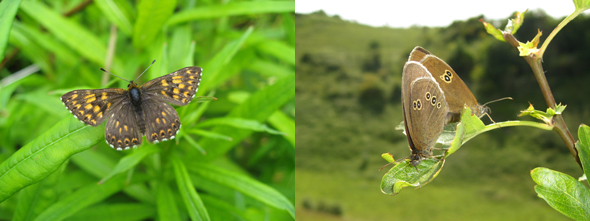
Using museum collections to catalogue long-term change
Making use of the Museum’s collection of over a million insect specimens, the Insect Ecology Group runs projects to catalogue and quantify the impacts of regional habitat change and fenland drainage on insect communities across Cambridgeshire. In particular, a current project is cataloguing the extraordinary insect collection made by the Reverend Leonard Jenyns in Cambridgeshire, a friend of Charles Darwin, and the Museum's UK butterfly collection.
This work has been supported by a Designation Development Fund from Arts Council England; and the Esmée Fairbairn Collections Fund, administered by the Museums Association.
